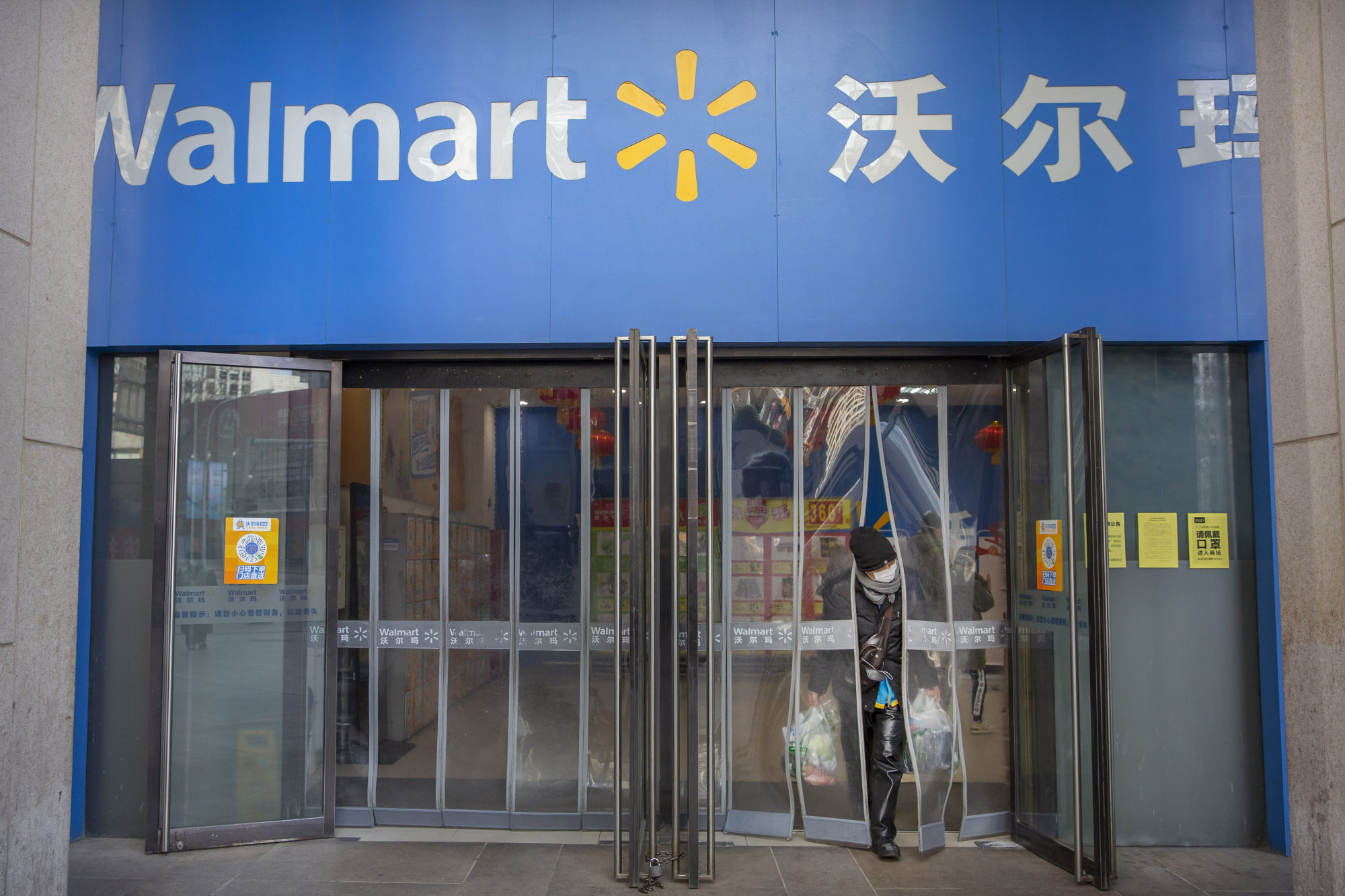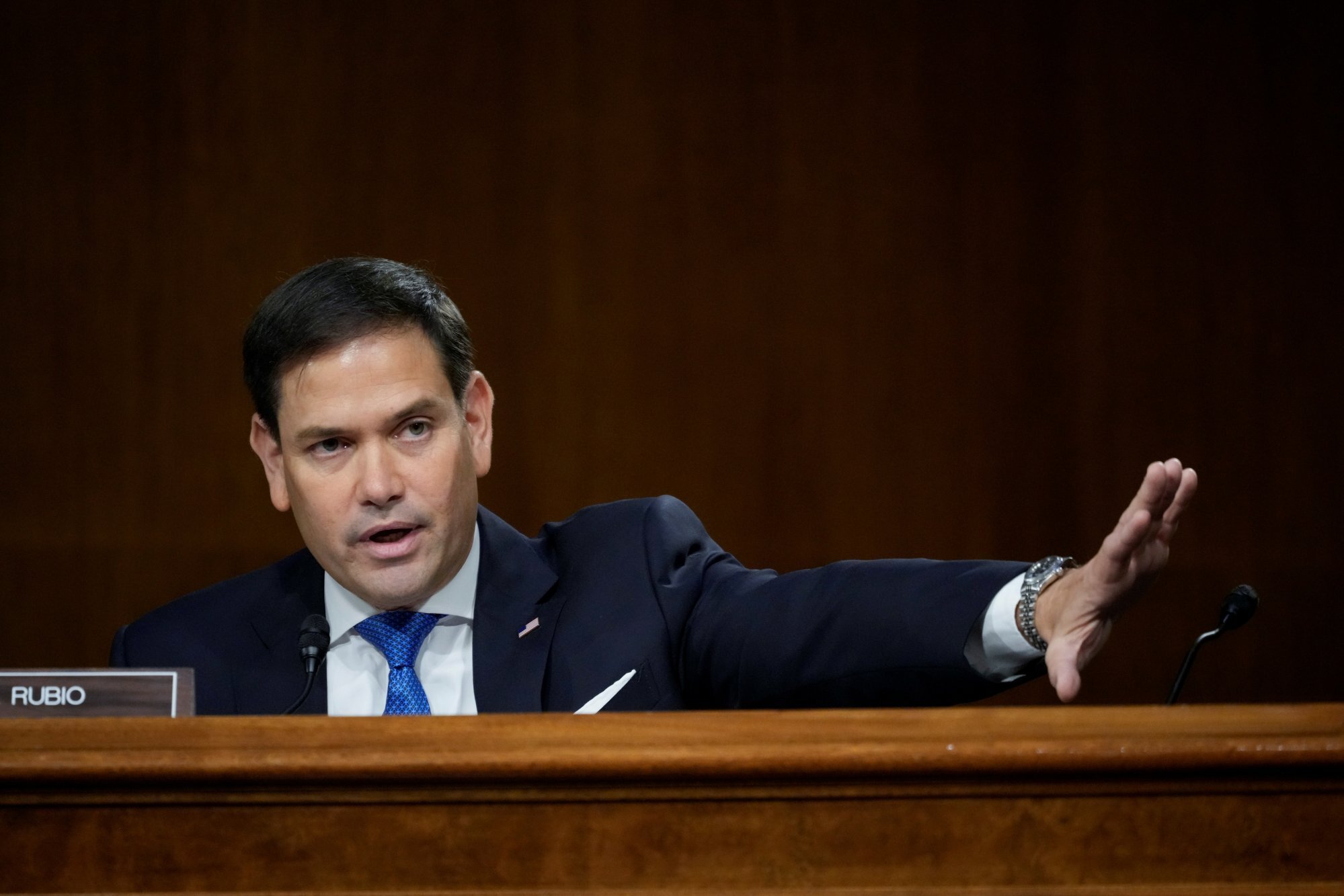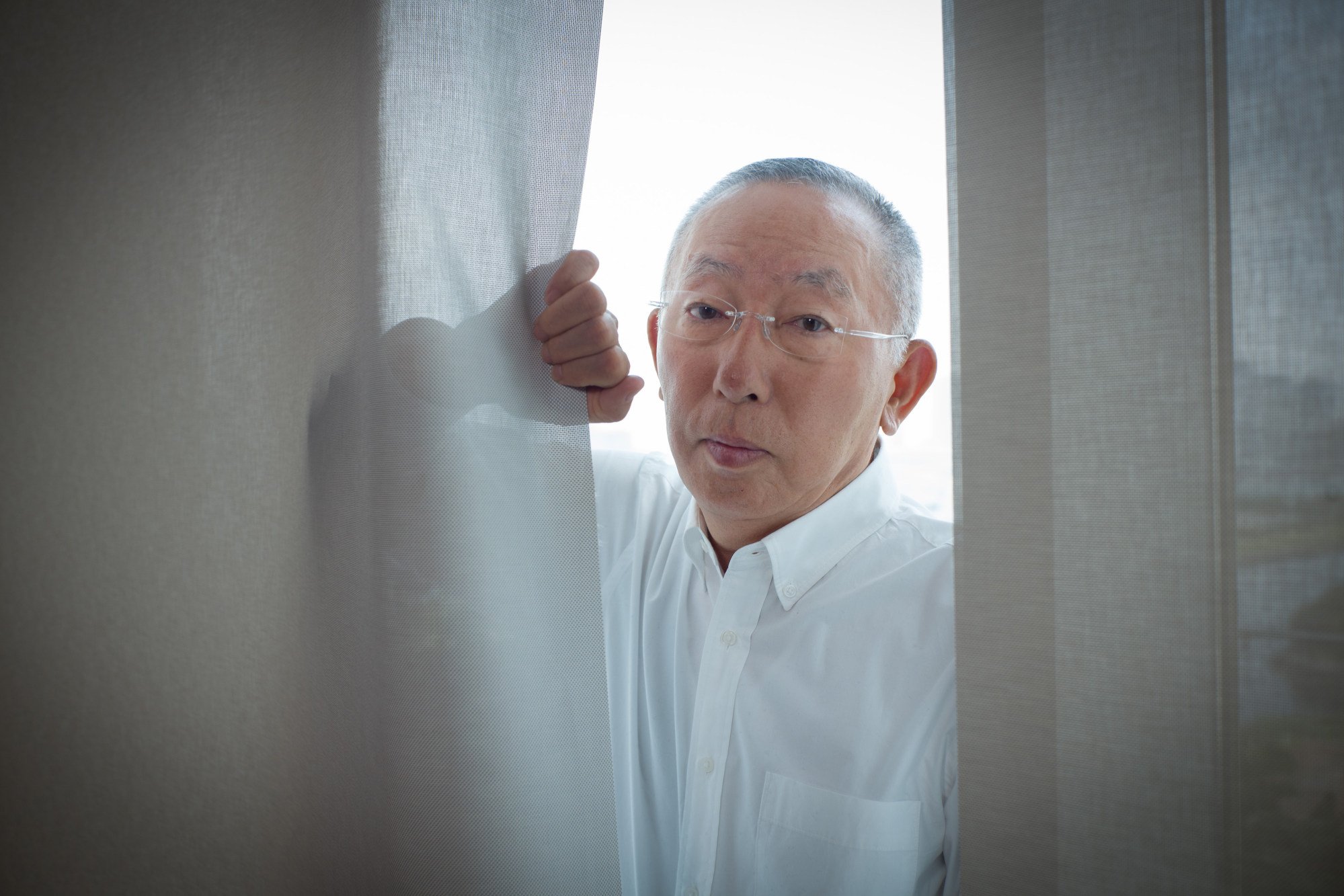
The days of US multinationals in China ‘keeping quiet while making a fortune’ are numbered – just ask Tesla or Walmart
- The guiding philosophies of Jiang Zemin and Deng Xiaoping have been turned on their head. Nowadays firms must keep quiet and struggle to make money
- As Beijing gives up on keeping a low profile to take on the US, and the West weaponises human rights, businesses are caught in the nationalistic crossfire
As businesses around the world are forced to rethink their role in politics and human rights issues amid rising nationalism, multinationals in China are facing a particularly tough time.
Two recent examples provide a vivid illustration of their predicament in navigating the political minefield.

Do China’s leaders care about what foreigners say about the country?
Publicly, neither Walmart nor Sam’s Club has commented on the backlash. On Wednesday, Reuters reported that a senior executive from Sam’s Club had told Chinese securities analysts in a call that the chain did not deliberately remove Xinjiang-sourced products and termed the backlash “a misunderstanding”.

White House spokesperson Jen Psaki said she would not comment directly on Tesla’s action but generally the “private sector should oppose [China’s] human rights abuses and genocide in Xinjiang”, according to media reports. Not surprisingly, Tesla has declined to comment publicly on the controversy.
In a sharply worded editorial, the nationalistic Global Times labelled Rubio’s criticism about Tesla and Psaki’s thinly-veiled warning as “political depravity”. It accused the US of making up lies to attack and smear China and forcing its allies and multinationals to take sides.
Under the political heat, how to avoid taking sides is probably on the minds of many multinational executives though few dare say so publicly.
Tadashi Yanai, Japan’s richest man and founder of clothing retail giant Uniqlo, is an exception. In an interview last month, he said his firm would not take sides in the US-China rivalry. He has refused to comment on whether Uniqlo sourced cotton from Xinjiang despite the international pressure.

But for other multinationals, particularly those from the US, it is getting harder to muddle through human rights challenges as the controversies surrounding Sam’s Club and Tesla have shown.
While Chinese state media accuse the US of forcing multinationals to choose sides, Beijing has effectively done the same by attacking or punishing them for caving to international pressure.
Chinese officials have repeatedly said they would not allow foreign businesses to “reap benefits in China on the one hand and smear China on the other” or to “bite the hand that feeds them”.
In a video call with US industry leaders representing American businesses in China in November, Xie Feng, a deputy Chinese foreign minister, urged those representatives to push the White House towards “a sensible and pragmatic China policy” and end conflicts over “values, ideology or geopolitics”. He cautioned the American businessmen that at a time when bilateral relations are deteriorating, the business community cannot expect to “keep quiet while making a fortune”.
Until recently, the US business community had been the loudest cheerleader for closer economic and trade links with China but it is now hard to find any American business leader willing to go on the record to say anything nice about China – presumably because they fear heavy criticism if they do.
Why rising ultra-left nationalism is the biggest danger to China’s development
As China’s economy is expected to face pressure on three fronts this year – from shrinking demand, supply shocks and weakening expectations – maintaining a strong inflow of foreign investment will be crucial to bolstering the country’s economic growth and stability.
As the confrontation between China and the West looks set to continue over values and ideology, political pressure on multinationals will intensify from all sides – from governments, investors, and consumers.
Still, China’s middle class - which already tops 400 million people and is still rising - may present too lucrative an opportunity for multinationals to miss.
But their days of “keeping quiet while making a fortune” are numbered.
Wang Xiangwei is a former editor-in-chief of the South China Morning Post. He is now based in Beijing as editorial adviser to the paper

